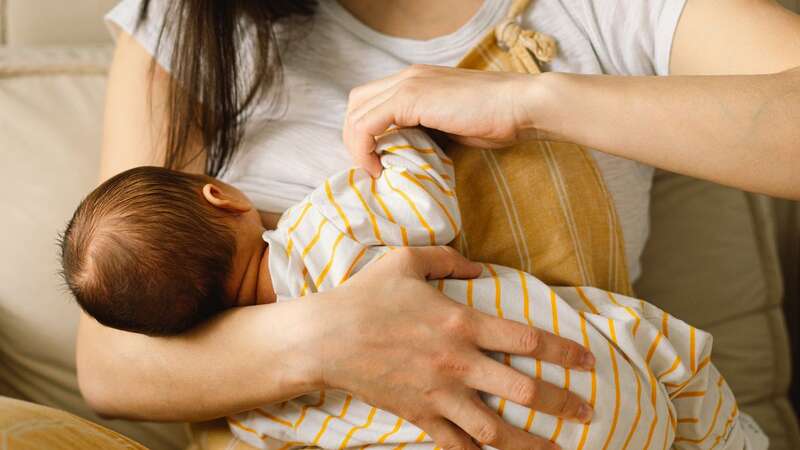
New mums can boost the health of their babies by breastfeeding after exercise, a new study has revealed.
Scientists have discovered that an intense workout increases levels of a hormone in their milk that protects babies against diabetes and regulates their metabolism. Many mums ask whether exercise affects the quality of their breast milk but until now there has no been a definitive answer with some women even worried their milk will sour if they exercise.
Researcher Dr Trine Moholdt at the Norwegian University of Science and Technology (NTNU) said: "There are so many myths about exercise and breast milk. We simply need more knowledge. The primary aim of our research is to find out if we can limit the development of overweight in children."
The team took 240 samples of breast milk from 20 new mums before and at specific times after two exercise sessions, and then compared with the corresponding times after the participants had been more sedentary. Those who had just completed a vigorous HIIT session had higher levels of the hormone adiponectin in their milk.
This hormone regulates the body's metabolism to ensure a supply of energy and substances that the body needs to function. This is absorbed through the intestines of breastfeeding babies, changing their metabolism. Having low levels of adiponectin is associated with insulin resistance and type 2 diabetes.
 New Year resolutions you should make for 2023 based on your star sign
New Year resolutions you should make for 2023 based on your star sign
Dr Moholdt said: "The period from conception to two years of age is considered the most critical period for possible development of obesity later in life. The hormone is secreted from fatty tissue and enters the bloodstream, and much of what is in the blood goes into the milk. We were not that surprised by the findings, but now we know for certain."
The study, published in the journal Frontiers in Nutrition shows that moderately intense exercise did not have the same effect on this particular hormone. In 2020, the World Health Organisation estimated that 39 million children under the age of five were overweight or obese. They also found that the incidence of overweight and obesity among children and adolescents aged 5-19 rose from four per cent in 1975 to 18 per cent in 2018.
Research shows that one possible contributing factor in the rapid rise in obesity in children is that nutrition during the early phase of life partially determines your health later in life. One of the reasons why the WHO recommends breastfeeding during the first six months of life is that breast-fed children are less likely to be overweight and obese than formula-fed children.
However, new research shows that the composition of breast milk varies between mothers who have high and low body mass indexes, and that differences in breast milk composition can play a role in the transfer of obesity from mother to child. Dr Moholdt concluded: "We now have the first result of all the work we are doing, and many more results are on the way. It will be very exciting going forward."
Read more similar news:
Comments:
comments powered by Disqus
































